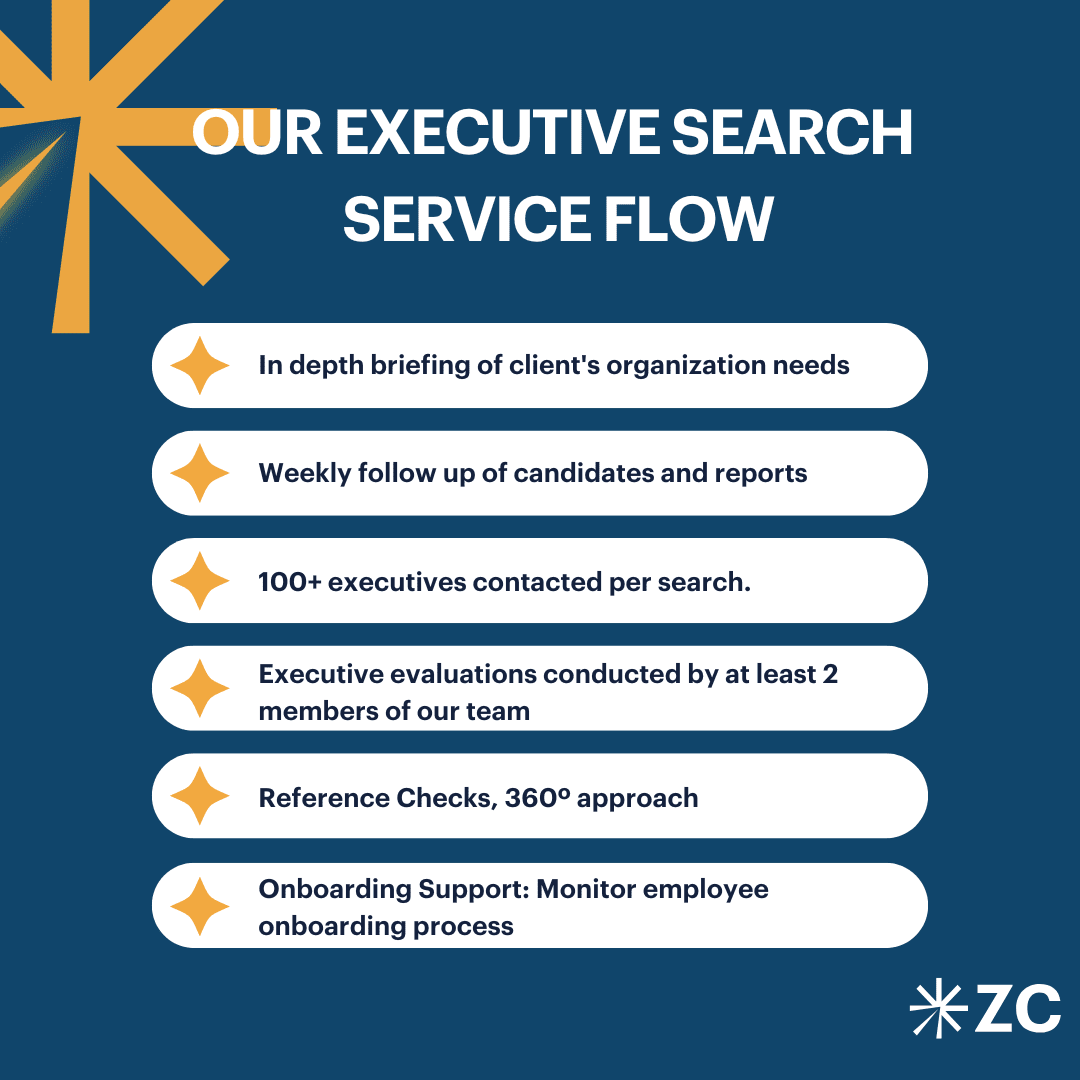The automotive industry occupies an important place in Mexico’s economy, representing 3.6% of the nation’s Gross Domestic Product (GDP), 18% of GDP in the manufacturing sector and is a source of employment for more than 1 million people throughout the country.
The high development of the automotive industry in the country is mainly since Mexico, whose annual income is 107,000 million dollars, is the world’s fourth largest producer of automotive parts and the largest export market for parts made in the United States. Demand for U.S. original equipment and aftermarket parts is strong due to the large size of the Mexican passenger vehicle market and the shared U.S.-Mexico border.
Executive Search Challenges in Mexico’s Automotive Industry
The proximity to the United States is beneficial economically, but it has its downside: the brain drains. For 85% of automotive companies, it has been difficult to attract the right talent, reveals the study Trends in the labor environment in the automotive industry, Mexico 2023, conducted by the Automotive Cluster of Querétaro and Kelly, a firm specializing in human resources services. The rapid growth of the nearshoring industry has outstripped the supply of qualified leaders.
This expansion is closely linked to the absence of a strong pipeline of qualified executives, which intensifies the shortage of skilled leaders. Their scarcity can pose problems related to talent retention.
These factors have resulted in Mexico witnessing a shortage of talent at all levels over the past 28 months, which is especially evident when conducting executive search processes, according to consistent reports from the Nuevo Leon Chamber of the Transformation Industry (CAINTRA).
This is a problem that the automotive industry and companies have been living with for some time now, but there is another crisis that will make executive search processes in Mexico’s automotive industry even more difficult: Finding talent for the electric vehicle (EV) subsector.
Emerging EV Talent Needs in Mexico’s Automotive Sector
The automotive industry in Mexico is divided into five main subsectors: specialty equipment, remanufactured goods, electric and hybrid vehicle parts, aftermarket parts, and original equipment (OE) parts. The U.S. Commercial Service in Mexico believes that the aftermarket, original equipment, and electric vehicle (EV) parts subsectors offer the best prospects.
The Mexican EV market is changing quickly because of automakers announcing their bold strategic plans to switch from selling gasoline-powered vehicles to electric ones. Reducing both their own and their tier suppliers’ carbon footprints is another goal of these strategies. Even though there were only 51,065 EV and hybrid vehicles sold in 2022, this was an increase of 8.5% from the previous year. The market share of hybrid vehicles is 3.75%, with EVs (0.51%) and plug-in hybrids (0.42%) following in order of popularity.
The introduction of new technologies in the automotive sector intensifies the crisis in accessing skilled executive talent. Companies are forced to generate alliances with external professionals to face their executive search processes, as it is a hard task not only to search when the talent pool is scarce but also to bring in talent from other sectors. This is a common situation when an industry goes through radical changes at a technological level—the talent market is a little behind when it comes to training people with the necessary skills.

We are Zavala Civitas Executive Search, we have more than 20 years in the Mexican market helping companies find the best talent available in the national and international market. If you are considering a partner in Executive Search and Organizational Consulting do not hesitate to contact us.






